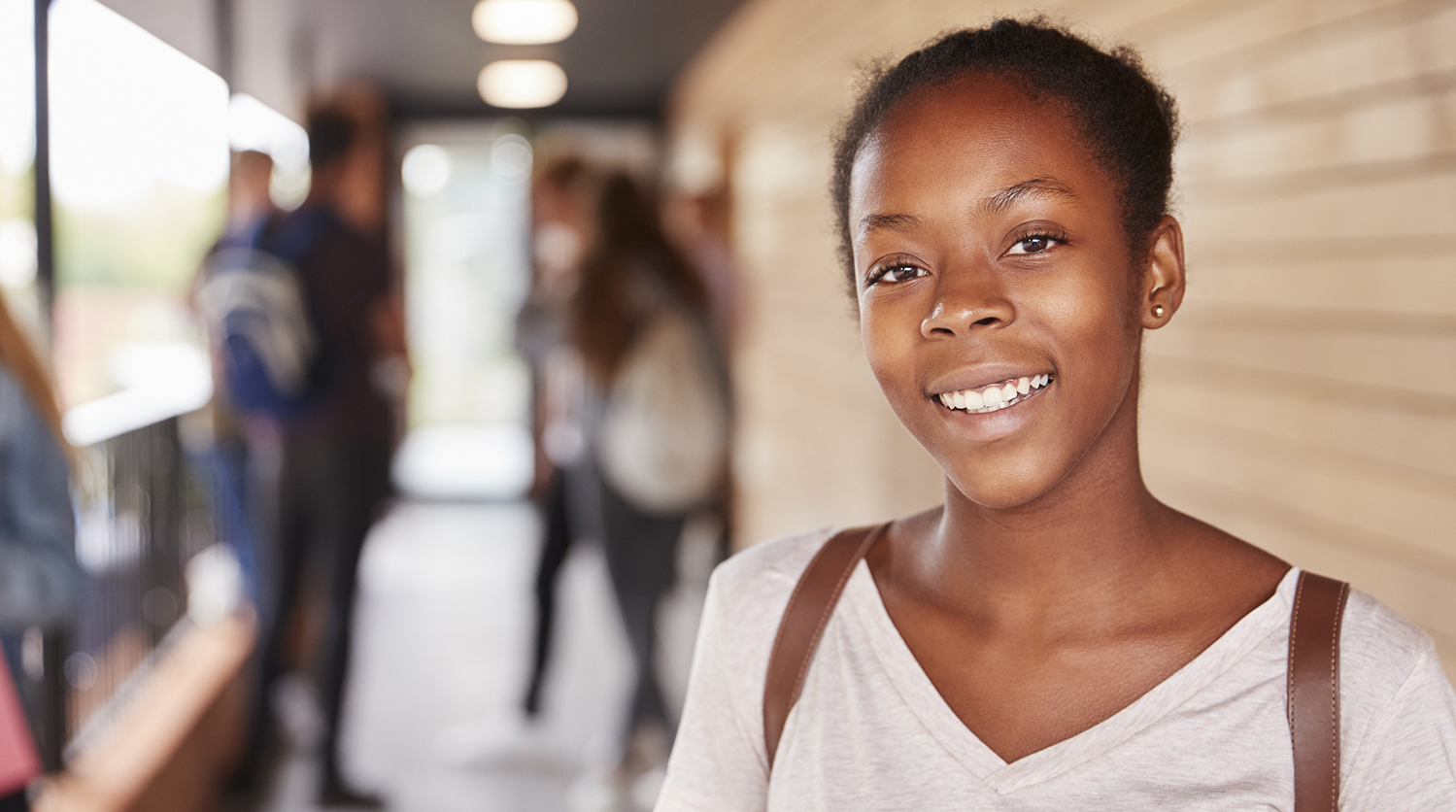Human Rights
Human rights are the universal rights that apply to everyone, everywhere. Established in a Declaration by the United Nations, they are not legally binding but governments around the world have acknowledged their obligation to respect, protect and fulfil the human rights of their citizens.

Although human rights apply to everyone equally, it’s understood that certain groups are more vulnerable than others, and need extra support to ensure they can exercise their rights fully. The UN Convention on the Rights of the Child identifies some special protections that respond to the particular circumstances of children and young people, including that they are not ‘owned’ by either parents or governments, and that their views must be heard and considered in political processes.
The Australian Human Rights Commission highlights what it believes to be the rights and freedoms most relevant to children and young people in Australia, including:
-
the right to an adequate standard of living, including adequate food, clothing and housing,
-
the right to the highest attainable standard of physical and mental health,
-
the right to be safe and free from violence,
-
the right to education,
-
the right to express their own views and have them taken into account,
-
the right to be detained only as a last resort and for the shortest appropriate period of time and, if detained, to be treated humanely, with dignity and in a way that takes into account their age,
-
the right to fair working conditions,
-
the right to privacy.
The UN Convention on the Rights of the Child applies to everyone under the age of 18, including teenagers. In Australia, teenagers who feel their rights have been ignored or violated, or that they have been discriminated against on the basis of their age, can make a complaint to the Australian Human Rights Commission, and to the anti-discrimination agency in their state or territory.









